COVID-19 in Iran: ‘Prospects look good’ as over 50% of target population vaccinated by at least one dose
Story by Mohammad Homaeefar
More than 50 percent of Iran’s target population have received at least one dose of a COVID-19 vaccine, as the country’s vaccination rollout accelerates, made possible in part by larger foreign vaccine imports.
According to the latest statistics published by Iran’s Health Ministry on Sunday, more than 35 million people— out of the target population of 60 million — have received at least one dose of a COVID-19 vaccine, while the total number of vaccines injected has exceeded 50 million.
So far, 15,467,255 people have been fully vaccinated, according to the ministry. That includes the 1,169,478 people who have received the shot in the past 24 hours.
In recent weeks, Iran has on average rolled out more than one million doses each day, doing its utmost to make up for a lengthy delay in importing enough shots to complement the vaccination of Iranians with homegrown jabs. Leader of the Islamic Revolution Ayatollah Seyyed Ali Khamenei has said foreign vaccines poured in only after the world saw the success of Iran’s homegrown ones.
Iran is among a few West Asian countries capable of developing and producing vaccines. The Islamic Republic has developed several vaccines against COVID-19, including the COVIran Barekat, Razi COV-Pars, Noora, and Fakhra.
According to Kayhan Azadmanesh, the head of the virology research division at the Pasteur Institute of Iran in Tehran, Iran possesses the technology and know-how of producing vaccines, “so why not use it?”
In an interview with the prestigious scientific journal Nature last month, Azadmanesh said that due to Iran’s ability to produce vaccines and in order to ensure the safety of Iranians, “it makes sense to develop a variety of vaccines using different research and development strategies, as China has done.”
The increase in vaccinations in Iran began after the administration of President Ebrahim Raeisi, who had made the provision of vaccines and the fight against the deadly virus a top priority, took charge. Faced with a pandemic that exacerbated the country’s already hard-hit economy, which has been under severe US sanctions since 2018, President Raeisi’s administration has been pressing ahead with a major vaccination drive so that the government and businesses would be able to return to normalcy.
In remarks on Saturday, the president said that 70 percent of the Iranian society would be vaccinated within days. He said vaccinating 50 million people was made possible only through “invaluable efforts.”
Alireza Raeisi, the spokesman for the National Headquarters for Managing and Fighting the Coronavirus, elaborated on the president’s remarks, saying that given the fast pace of vaccination, the number of people getting the first shot would soon reach 42 million, equal to 70 percent of the target population in the vaccination campaign.
“More than one million doses are now being administered daily in the country, and given that the target population consists of 60 million people (+18 years of age), when the number of first-dose vaccines reaches 42 million, 70% of the population will have been vaccinated against the coronavirus,” the spokesman explained on Saturday.
“The prospects look good,” he said, asking Iranians to register to receive jabs as soon as possible, while voicing satisfaction with the speed of the import of vaccines.
‘We can’t rely on help from the international community’
On Sunday morning, Iran received the 57th shipment of its imported vaccines, which included six million of China’s Sinopharm, making the total of its imported jabs exceed the 71 million mark.
Meanwhile, COVID-related hospitalizations and deaths are on a declining trajectory in Iran, which is facing a fifth wave of the spread of the virus that pushed the daily death record beyond 700. According to the Health Ministry, 13,792 people tested positive for the deadly virus in the last 24 hours, while 288 people lost their lives. Since it was first detected in Iran in early 2020, the coronavirus has claimed the lives of 119,360 people.
In spite of the shortcomings, Iran has managed to vaccinate all of its prisoners.
Hosting the world’s fourth-largest refugee community, the country has also vaccinated 400,000 foreign nationals.
Meanwhile, Tehran has repeatedly denounced US sanctions for the lag in the import of vaccines. As a result of the sanctions, there have been unfulfilled shipment promises and international monetary problems facing the country. Top officials of the Islamic Republic have also slammed global powers — mostly Western ones — for hoarding vaccines and cooperating with Washington’s anti-Iran sanctions.
Earlier this month, Raeisi, the spokesman for the National Headquarters, warned the World Health Organization (WHO) of a “vaccine apartheid,” which “can be a threat to the global health.”
Still earlier, after a new analysis showed that wealthy countries will likely have about 1.2 billion extra doses available by the end of the year, the WHO criticized the wealthy nations for hoarding COVID-19 vaccines, saying it is prolonging the pandemic. Last week, United Nations Secretary General Antonio Guterres lamented the inequitable distribution of COVID-19 vaccines, describing it as an “obscenity.”
“We can’t rely on help from the international community with the pandemic,” Azadmanesh, who is developing two viral-vector vaccines through his spin-off company Humimmune Biotech, said in his interview with Nature.
Referring to the United States’ sanctions against Iran, he said Washington claimed that sanctions do not affect humanitarian activities, “but when your ability to transfer money is restricted, it is difficult to buy drugs and medicines.”
“For example, the chromatography resins we need to purify vaccines are mostly produced by multinational companies that are major suppliers to the United States, so they might be afraid of selling to us,” Azadmanesh said.
“The United States says that we can apply for exemptions, but, in our experience, that hasn’t worked. But somehow, we find a way. We modify our methods, find other providers, or look for local solutions,” he said.
Missile sirens will never stop in Israeli-occupied territories, Iran warns
Leader’s martyrdom will drive Iran to greater dignity and victory: Senior cleric
Iran calls on IAEA to condemn fresh US-Israeli attacks on nuclear site
Murder of innocence: Israeli-US aggression on southern Iran school killed 165 children
Israeli PM’s fate unclear after ‘surprise’ missile attack on his office: IRGC
Iran Armed Forces shoot down US F-15 fighter jet near Kuwait border
IRGC, Army launch fresh waves of missile strikes against Israeli, US targets
Red Crescent Society: 555 people killed across Iran in US-Israeli onslaughts


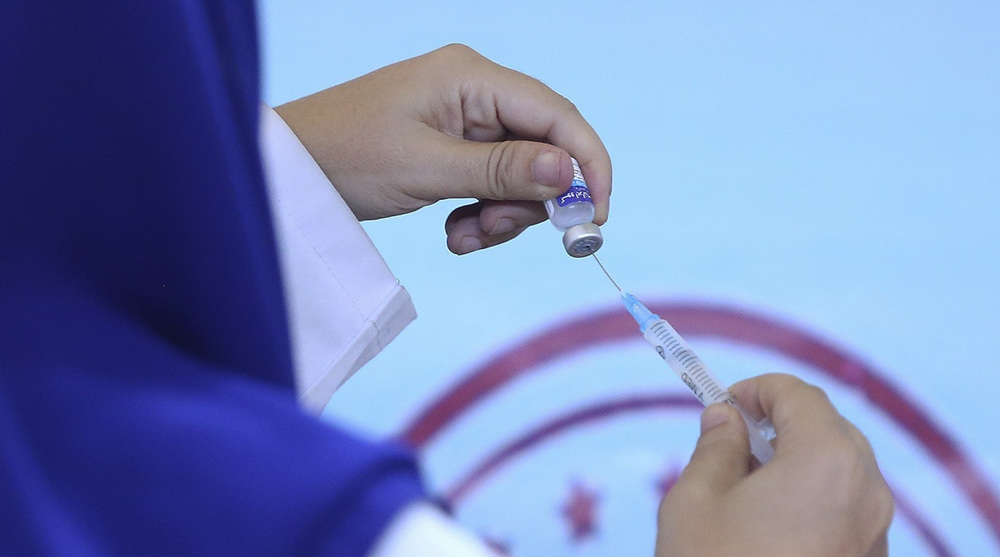
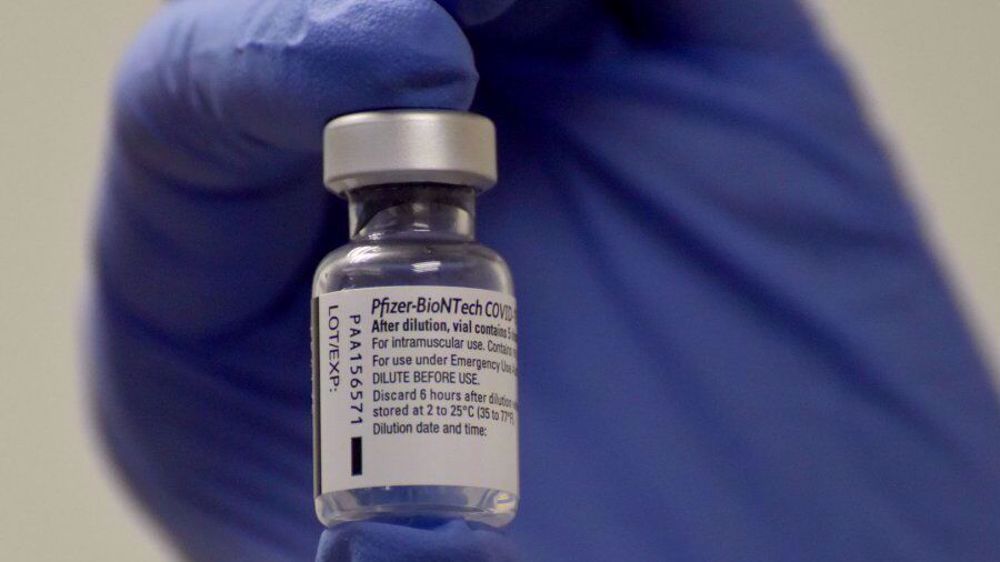
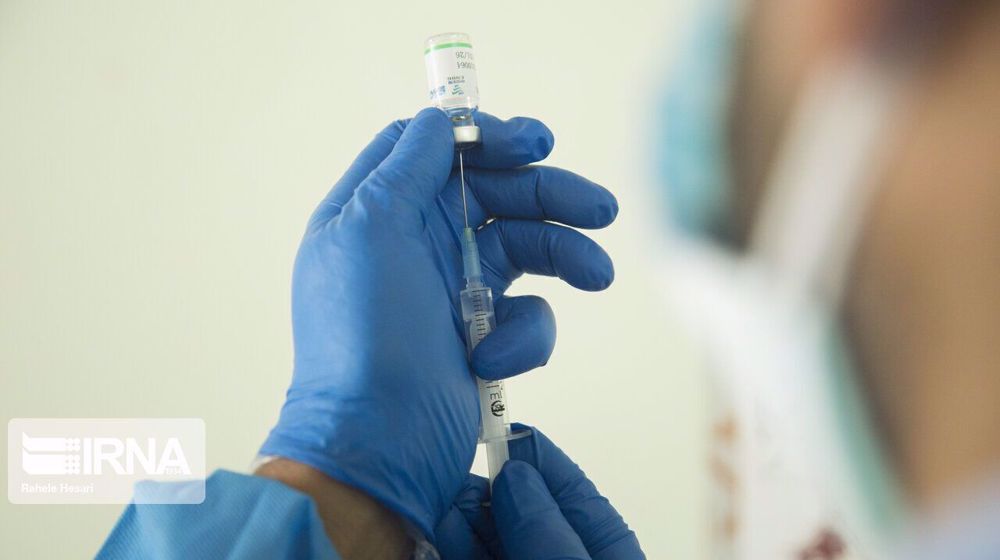
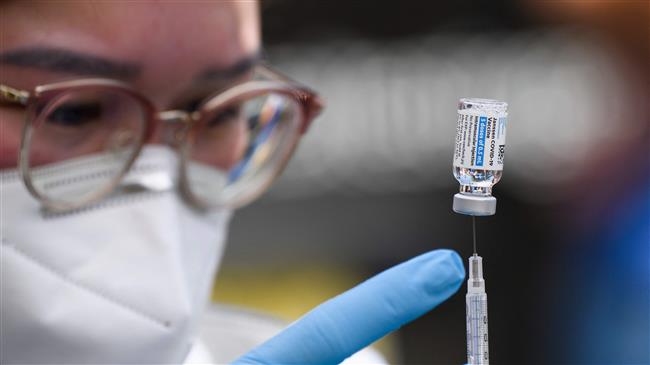
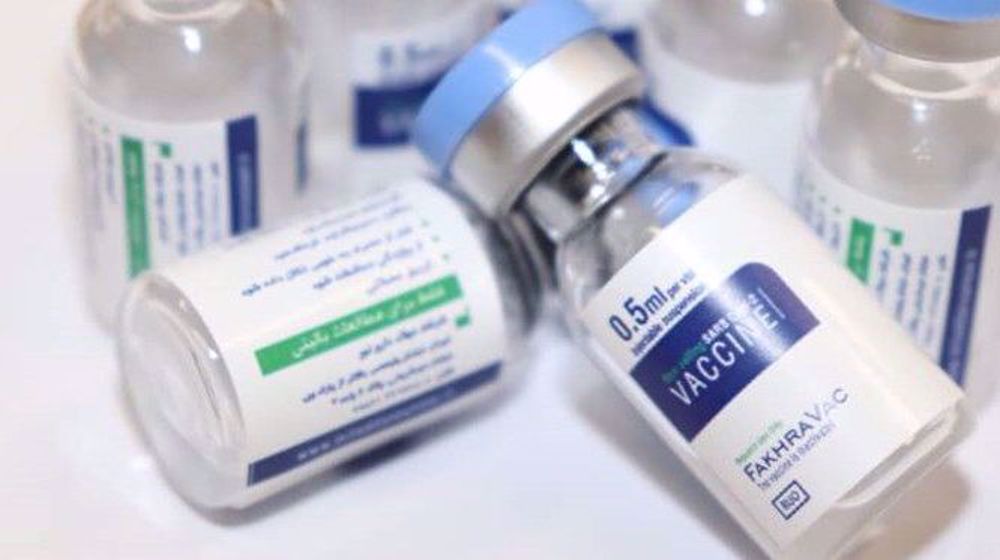
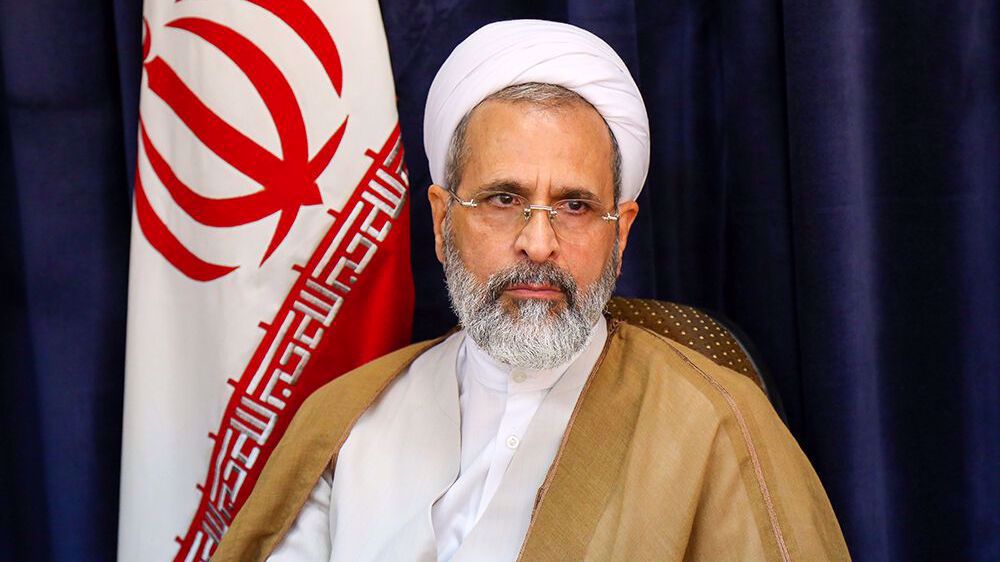
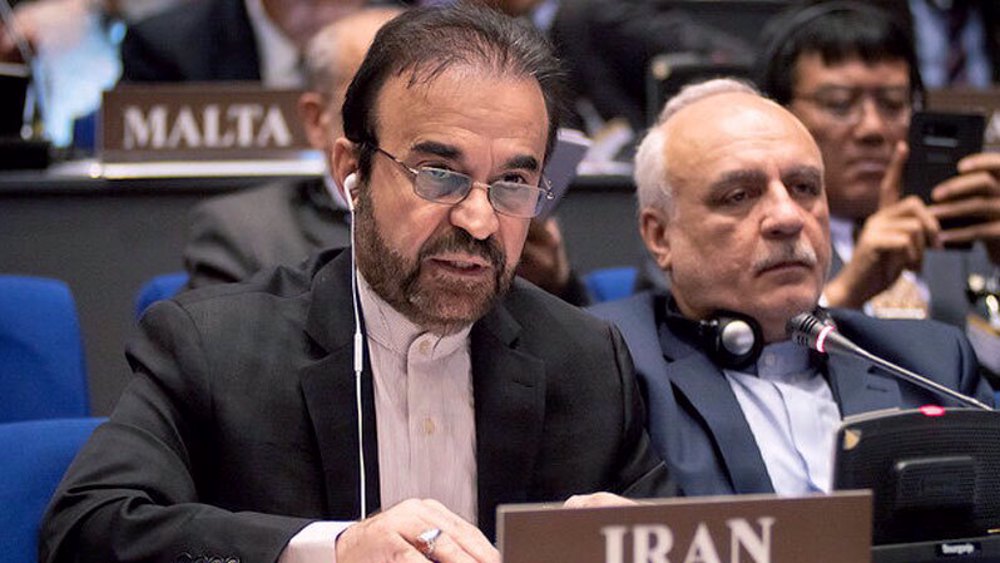
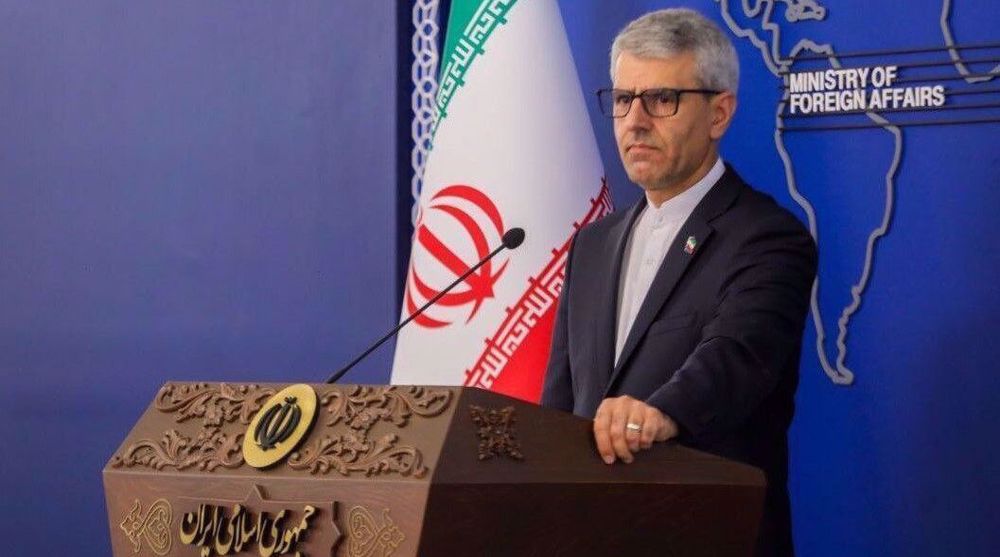




 This makes it easy to access the Press TV website
This makes it easy to access the Press TV website